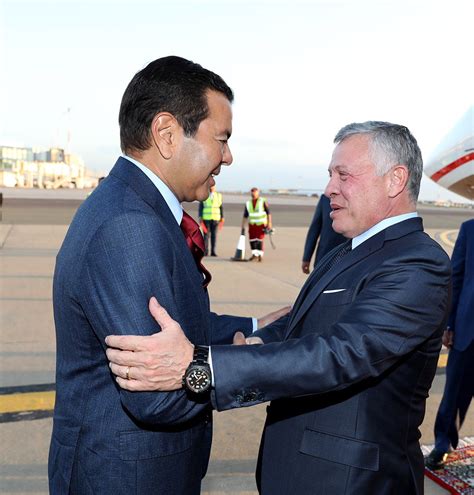A Quote by Henry Giroux
Power is global and politics is local. That must change. We need a new language for understanding new global power formations as well as new international modes of politics to fight them. Social movements must move outside of national boundaries and join with others across the globe to fight the savagery of neoliberal global politics and central to such a task is the work of intellectuals, artists, cultural workers, and others who can fashion new tools and social movements in the fight against the current anti-democratic threats being imposed all over the globe.
Quote Topics
Across
Against
Anti
Artists
Being
Boundaries
Central
Change
Cultural
Current
Democratic
Fashion
Fight
Global
Globe
Imposed
Intellectuals
International
Join
Language
Local
Modes
Move
Movements
Must
National
Need
New
Others
Outside
Over
Politics
Power
Savagery
Social
Social Movements
Task
Them
Threats
Tools
Understanding
Well
Work
Workers
Related Quotes
But we need more than a broader understanding of what is a good society or a moral and political critique of the existing market fundamentalism engulfing American society, we also need to create new forms of solidarity, new and broad based social movements that move beyond the isolated and fractured politics of the current historical moment.
That generation really has to fight for a new political language, social movements, and alliances with students from other countries. They have to convince labor, parents, and the general public that the fight over higher education is a fight that benefits everyone in a sustainable democracy and not just faculty and students.
Britain's place in the world is one uniquely suited to thriving in the complex new reality of global politics. We are a key anchor of a rules-based system in international affairs that many across the globe look to for stable and effective governance and leadership. We are a beacon that shines brightly the light of freedom and democracy.
I am not against identity politics or single based issues; at the same time, we need to find ways to connect these singular modes of politics to broader political narratives about democracy so we can recognize their strengths and limitations in building broad-based social movements. In short, we need to find new ways to connect education to the struggle for democracy that is under assault in ways that were unimaginable forty years ago.
Economics now drives politics. This gives us a system in which the relationship between power and politics is no longer fused. Power is global. We have an elite that now floats in global flows. It could care less about the nation-state, and it could care less about traditional forms of politics. Hence, it makes no political concessions whatsoever. It attacks unions, it attacks public schools, it attacks public goods. It doesn't believe in the social contract.
It cannot suffice to invent new machines, new regulations, new institutions. It is necessary to change and improve our understanding of the true purpose of what we are and what we do in the world. Only such a new understanding will allow us to develop new models of behavior, new scales of values and goals, and thereby invest the global regulations, treaties and institutions with a new spirit and meaning.
We have many advantages in the fight against global warming, but time is not one of them. Instead of idly debating the precise extent of global warming, or the precise timeline of global warming, we need to deal with the central facts of rising temperatures, rising waters, and all the endless troubles that global warming will bring. We stand warned by serious and credible scientists across the world that time is short and the dangers are great. The most relevant question now is whether our own government is equal to the challenge.
There is no nation on the planet better able to adapt to this change than our nation. We must able to work collaboratively with others. We must anticipate these threats before they happen. This is the new sort of challenge, the new sort of threat that does, in fact, require new thinking, fresh approaches and new leadership.
The merging of the military-industrial complex, surveillance state and unbridled corporate power points to the need for strategies that address what is specific about the current warfare and surveillance state and the neoliberal project and how different interests, modes of power, social relations, public pedagogies and economic configurations come together to shape its politics.































